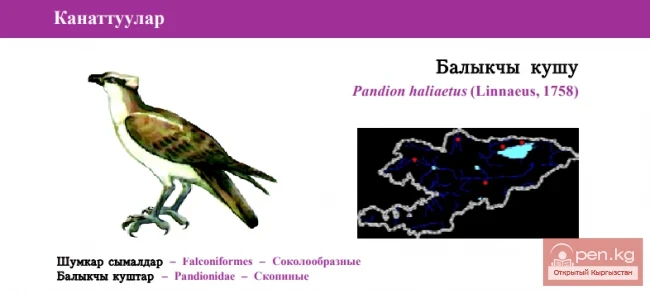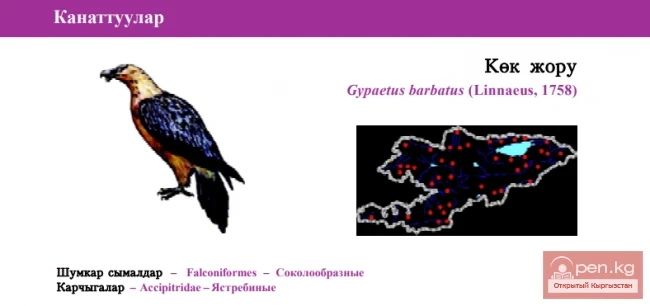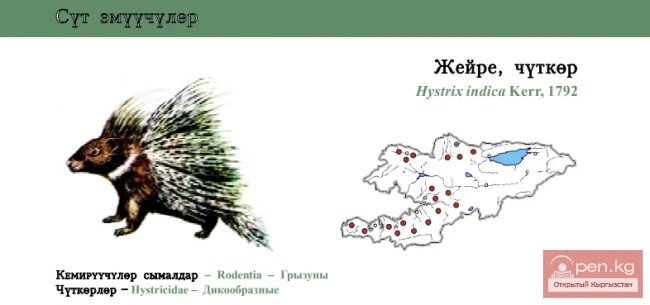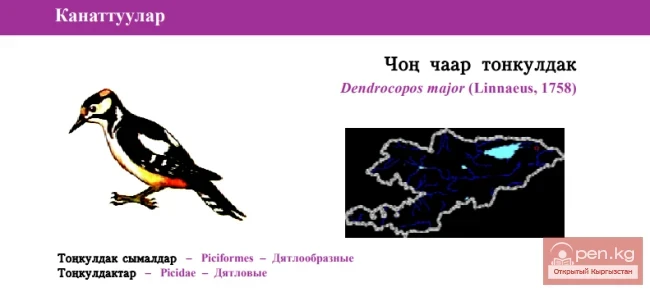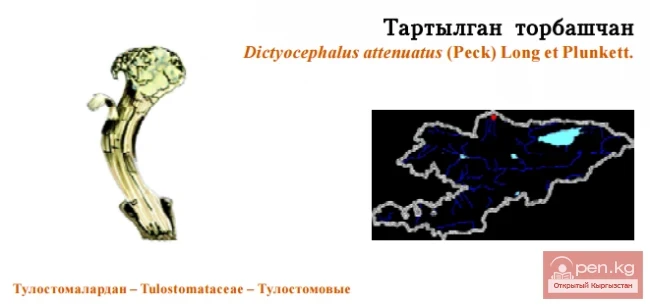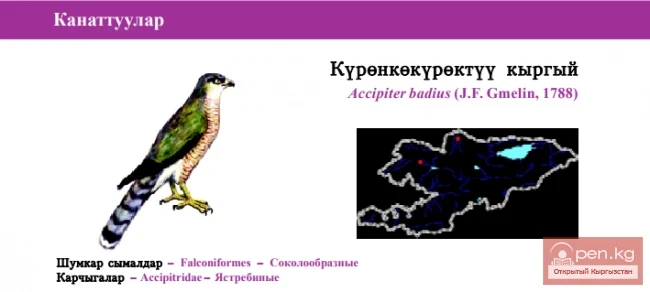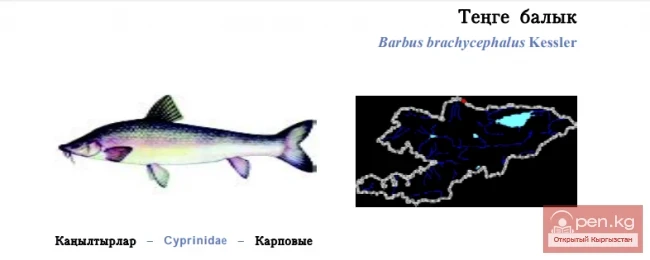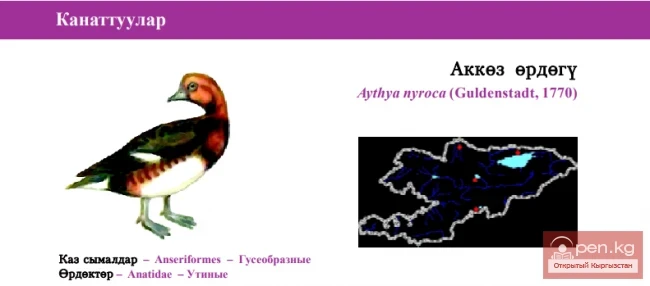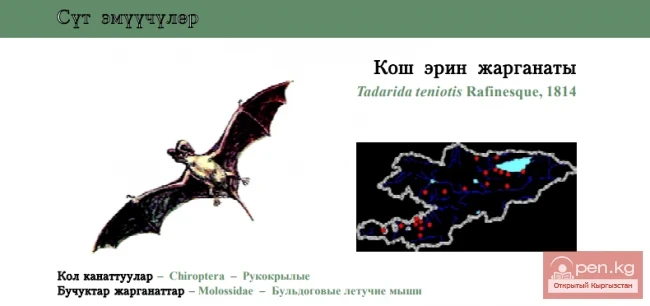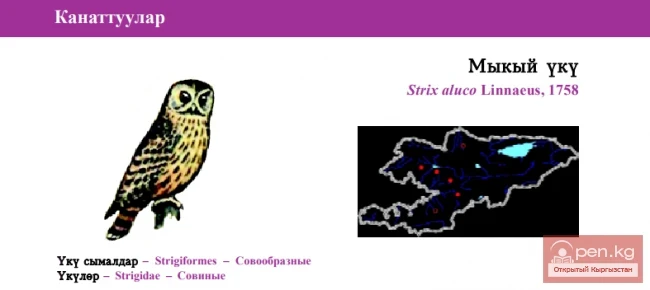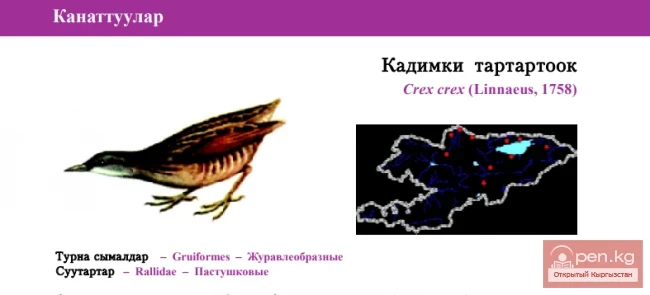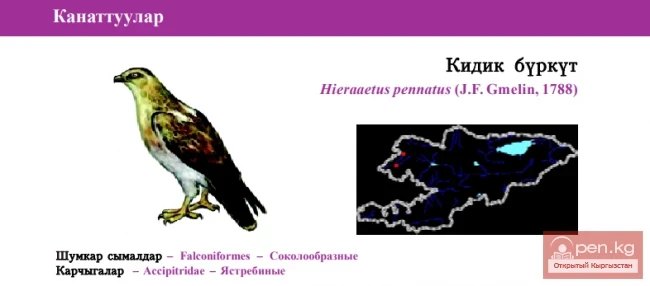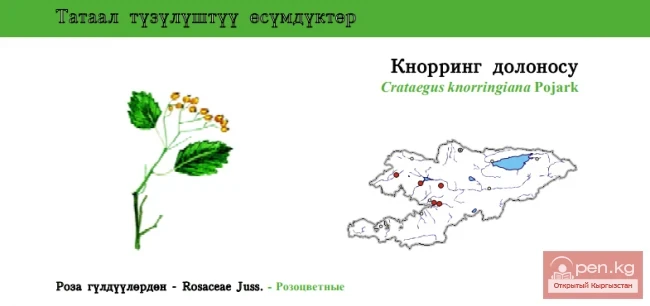
Weather Predictors of the Early 19th Century
It is said that the talented weather predictors - esapchi Aity and Syutike, who lived in the south of the republic, were not afraid of the formidable Khan Omar, who ruled Kokand at the beginning of the 19th century.
The Khan decided to test the predictors. By his order, Aity the Chechen was brought from Alay and the old man Syutike from Uzgen to the Khan's palace.
The cruel ruler kept them with him for a whole year, forcing them to make weather forecasts. Both esapchi endured this test with dignity, correctly and accurately predicting the weather. One time (probably in 1824), at the very end of winter, heavy rains fell for a long time, and Khan Omar summoned the esapchi to himself and ordered them to answer on which day the weather would clear up and the rain would stop. Aity and Syutike replied: “Our Lord! Next week, on Wednesday, a bird called Suksur-pegan (or the great crested grebe) will arrive in Kara-suu (a river in the Lailak district of Kyrgyzstan), then the rain will stop, and the weather will clear up. In the botogo - the iron stomach of the bird - there is beremet - a pearl. Thanks to this stone, birds can make long flights. Their arrival will confirm the end of the bad weather.” The predictions of the wise elders were confirmed, and after that, Khan Omar let them go home with gifts.
It is said that Syutike predicted the weather based on the condition of his body, taking into account the humidity of the air. This esapchi often said: "Aba ырайды булутка карап эмес, а капталым менен билем" — "I recognize the weather not by the clouds, but by my sides." This method of weather prediction is also supported by scientific data. Solar activity affects a person's condition and well-being, manifesting in certain conditions as fatigue, malaise, and joint pain. Thus, with a decrease in oxygen content in the air, a person feels tired. A young body adapts more quickly to various changes in atmospheric phenomena, so changes in one's own body are relatively easily tolerated. However, older people, especially those suffering from rheumatism, usually experience pain in their bodies with changes in the weather, even when they are in dry rooms, as changes in pressure also affect their well-being in addition to humidity. Painful joints serve as a kind of hygrometers and barometers — sensitive instruments for determining humidity and air pressure.
In general, our perception of heat and cold is related not only to air temperature but also to its humidity, wind speed, etc.
Esapchi Aity, according to legends, perfectly understood the "language" of swifts, swallows, magpies, and other birds, which is why he was called Aity the Chechen — Aity the Orator. Constantly observing migratory birds, he paid special attention to the timing of their arrival and departure. By comparing data from long-term observations, the esapchi drew conclusions that were repeatedly confirmed in life.
The migration of birds is a very interesting process. It is connected with the living conditions of birds and changes in weather conditions. If birds did not instinctively sense impending changes in the weather, many of their species would have long since become extinct. No matter how good it is for migratory birds in their native lands during warm weather, bad weather, a formidable message of the coming winter, serves as a signal for them to migrate far away. By the end of October, the last chukuldaktar — sandpipers, echki emeerler — nightjars, talaa torgoylor — field larks, tartarlar — corncrakes, chiykildaktar — buntings, kara chiyrchiktar — starlings, kulaalilar — harriers, bakteker — common doves, chon bakteker — large doves, zhilkichy chymchiktar — wagtails, el synarlar — ice skaters, myymytlar (maykotlar) — warblers leave us. Scientists, using radar, have found that swifts can accurately detect the slightest changes in the weather several days in advance, sensitively picking up the Earth's magnetic field and the strength of headwinds. These natural qualities help them in their migrations.
Aity was a good naturalist. Late in autumn, as the swifts were flying away to warm lands, they supposedly said goodbye to him: “Tell the people that there will be a terrible drought. Let the poor migrate towards Andijan, and the wealthy prepare winter supplies; let the weak livestock be sold, and with the money, they should buy warm clothes or fuel.” The people listened to their famous esapchi. No sooner had 10-15 days passed than heavy snow fell — its height reached up to 2 meters. Many livestock perished from the cold and hunger.
Of course, Aity did not know the language of birds.
It turns out that birds do "speak" after all. Representatives of the avian world communicate through signals, of which there are many: cries, whistles, touches, smells, signaling through light or colorful spots, unusual poses. The most common means of communication among birds are various sounds and voices. This was also mentioned by the famous Canadian writer and naturalist E. Seton-Thompson in his "Tales of Animals." The Austrian scientist and writer, Nobel Prize laureate, and one of the founders of the science of animal behavior — ethology — Konrad E. Lorenz studied the calls, honks, and hisses of geese for almost a year and mastered the "bird" language himself. The geese responded to the professor's honking, obeyed his commands, came out of the water onto the shore, and went to graze in the meadow, suddenly plunging into the water.
Esapchi Aity paid attention to the early, coordinated departure of birds, their flight height and speed, compared this information with previously known data, analyzed it, and came to a conclusion that turned out to be correct. Swifts, like other high-flying birds, feel the increase in humidity, decrease in atmospheric pressure, and weakening of sunlight long before changes in the weather occur. At the high altitudes where these birds fly, the indicated changes occur significantly earlier than at the Earth's surface and affect the behavior of the birds.












